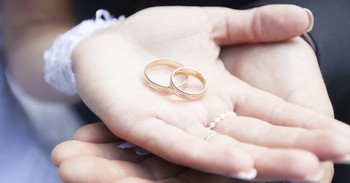It's important, however, to understand the history of this country and what it is really like for its citizens in order to better understand events going on in the world, as well as to understand how to pray for this country, where God has many people, despite the intense persecution Christians there receive.
Additionally, since North Korea has been surfacing more frequently in the news lately, it is especially important to get some backstory on North Korea's threat of missiles and nuclear weapons, as well as the recent developments in diplomatic relations between North Korea and the rest of the world. The following will provide you with some basic information on this hermit country.
Photo courtesy: ©Thinkstock/BruceStanfield
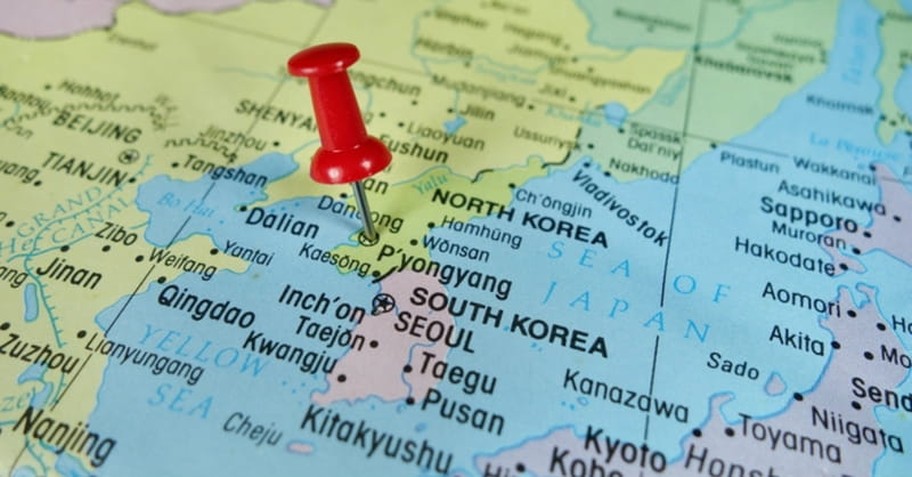
1. A history of division
North and South Korea, although vastly different today, used to be part of the same country. The entire Korean Peninsula was annexed by Japan in 1910. The beginning of how the Korean Peninsula was broken up into North and South began with World War II. After Japan was defeated, U.S. troops landed in the South and Soviet forces landed in the North. The country was broken up at the 38th parallel. The U.S. influenced the South's new government while the Soviets influenced the North's. A communist dictator Kim Il-Sung, emerged as leader of the newly-established Democratic People's Republic of Korea.
Since the time the two countries split, life in each has been drastically different, with South Korea being open to the world and culture and technology and North Korea shutting out the world.
Photo courtesy: ©Thinkstock/Tuongtong
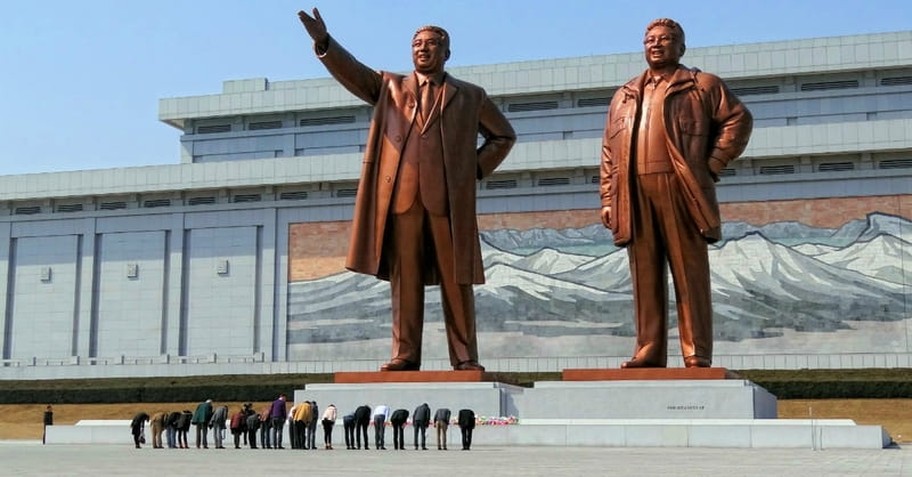
2. The 'cult of personality'
Since the beginning of the DPRK, the Kim family has maintained control. Following Kim Il-Sung was Kim Jong-Il, and now Kim Jong-Un. History.com notes that Kim Il-Sung was originally appointed by Soviet leader Joseph Stalin.
A "cult of personality" developed around the Kim family, and North Koreans today still celebrate the birth and death of Kim Il-Sung as national holidays. A new calendar was even introduced which begins with 1912--the year Kim Il-Sung was born.
Photo courtesy: Wikipedia
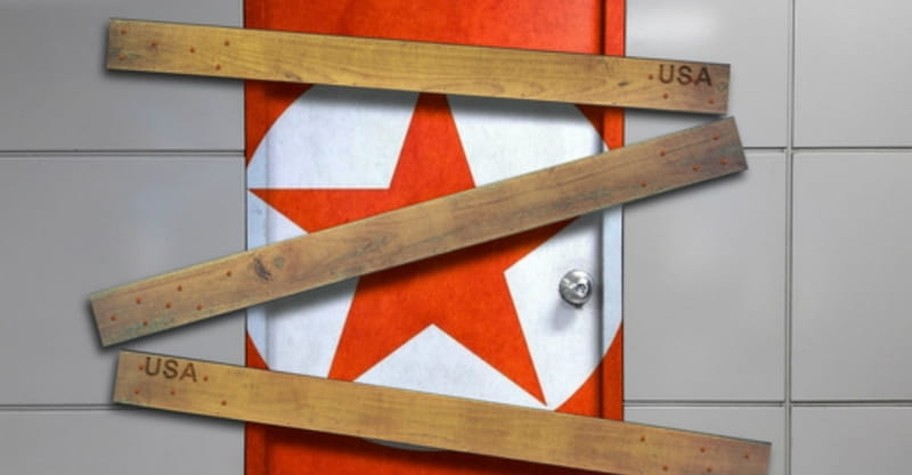
3. The Hermit Kingdom
North Korea is often referred to as the "Hermit Kingdom" because it is so closed off (and hostile) to the rest of the world. The North Korean people are prohibited from visiting other countries and foreigners are rarely allowed inside the DPRK, or if they are, they are often detained.
North Korea's government also restricts the media in order to keep control over the country's people. North Korea is especially at odds with the U.S. and with South Korea.
Much is unknown about North Korea because it is so closed off to the world, although with new developments in diplomacy between the US and North Korea, as well as other countries, positive change may be on the horizon.
Photo courtesy: ©Thinkstock/Goldcastle7
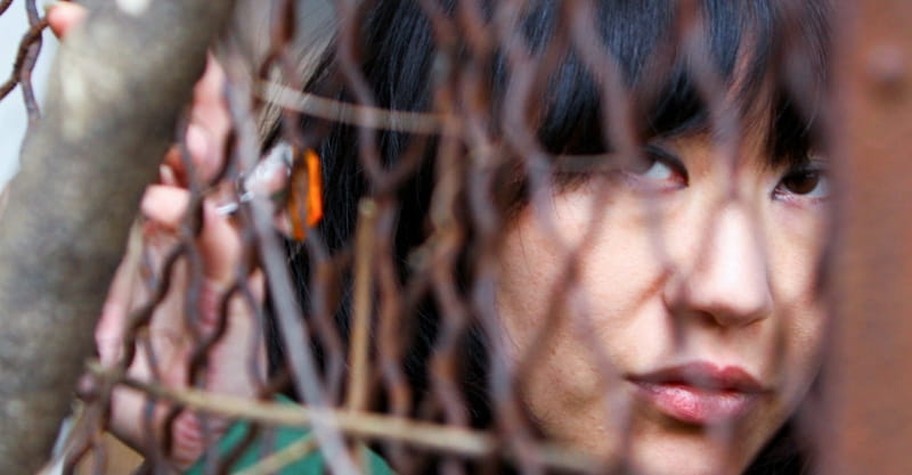
4. Christian persecution
Anyone in North Korea who doesn't comply with the dictates of the Kim family and their government is subject to arrest, imprisonment, or worse, but Christians particularly are targeted.
Although exact numbers have not been obtained, it is thought that thousands of Christians in the DPKR are imprisoned, forced to work in hard labor camps, tortured, and killed in brutal ways.
North Korea has been the number one country on Open Doors World Watch List of countries where Christian persecution is most severe for 14 years in a row.
"In this totalitarian communist state, Christians are forced to hide their faith completely from government authorities, neighbors and often, even their own spouses and children. Due to ever-present surveillance, many pray with eyes open, and gathering for praise or fellowship is practically impossible. Worship of the ruling Kim family is mandated for all citizens, and those who don’t comply (including Christians) are arrested, imprisoned, tortured or killed. Entire Christian families are imprisoned in hard labor camps, where unknown numbers die each year from torture, beatings, overexertion and starvation. Those who attempt to flee to South Korea through China risk execution or life imprisonment, and those who stay behind often fare no better," reports Open Doors.
Photo courtesy: Thinkstockphotos.com
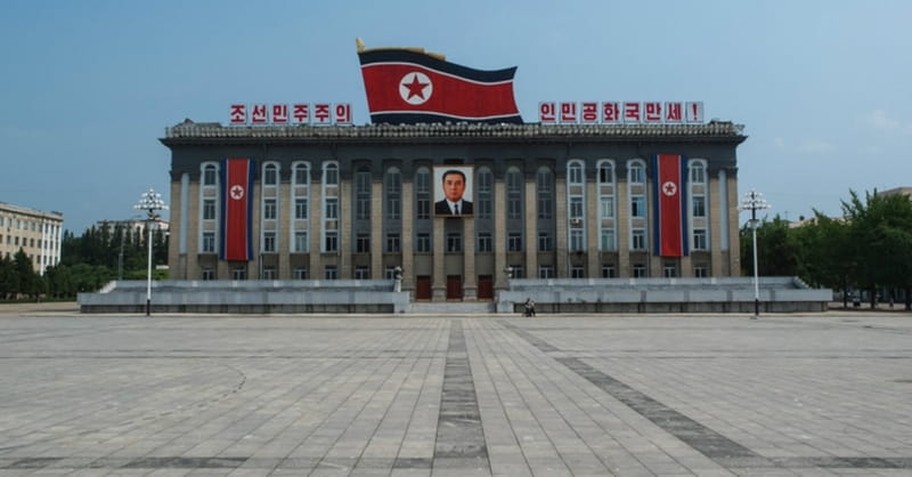
5. International prisoners
It's been proven dangerous for foreigners to enter North Korea. The most recent case of someone visiting North Korea and being apprehended there was the tragic case of U.S. college student Otto Warmbier.
Warmbier went to Korea in 2016. He was finally released last month, but died only days after being brought back to the U.S. Doctors reported that he had brain damage, but they did not know how it had happened. North Korea claimed Warmbier suffered a bout of botulism and that was the reason he was in a coma.
Three more American nationals and one Canadian were reportedly still being detained in the country--that was, until yesterday, May 9, when, due to shifting relations between dictator Kim Jong-un and the rest of the world, the three Americans were released.
Photo courtesy: ©Thinkstock/alexkuehni
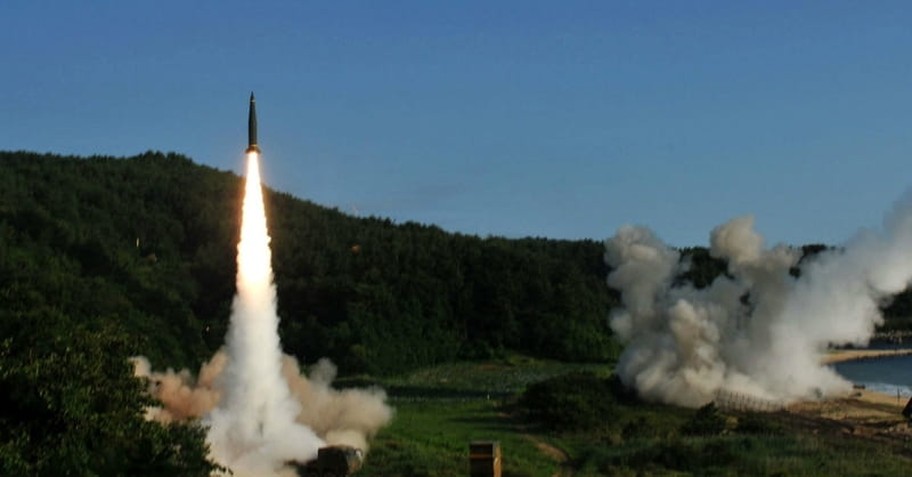
6. Nuclear weapons
North Korea has been in the news in the past year as they have reportedly been testing long-range missiles that could potentially reach the U.S.
This threat of nuclear weapons is not new, however, according to History.com.
"Despite the fact that North Korea is generally a poor and isolated nation, it has been pursuing nuclear research for decades. Aspirations to acquire a functional nuclear weapon began during Kim Il-Sung’s reign and were built on the foundations of Cold War-era Soviet technology. According to intelligence analysts and rocket experts, some Russian engineers seeking work after the Soviet Union fell apart moved to North Korea in the early ‘90s and helped advance the country’s nuclear program."
Although the threat of a nuclear weapons launch seemed dire only months ago, diplomatic relations between North Korea and the rest of the world have made unprecedented strides, and Kim Jong-un's meeting with Chinese President Xi Jinping, as well as his upcoming meeting with US President Donald Trump have world leaders cautiously hopeful.
Photo courtesy: United States Forces Korea via Getty Images

7. Absence of basic Freedoms: "Voting" and a state-run media
You may be surprised to learn that North Korea does hold elections. But there's a catch: there is only one option on the ballots: Kim Jong-Un.
Time.com reports that North Korea holds elections every five years. The main purpose of the election is for propaganda. After the country's last election, government-controlled media reported that North Koreans were so excited and overcome with joy to cast their ballots for the Supreme Leader that they spontanously broke into song.
Another reason for holding regular elections is so that the government can keep tabs on its citizens. Although Kim Jong-un has shown himself to be more open to negotations than his predecessors, North Korea still has a long way to go in upholding basic freedoms and human rights.
Additionally, the North Korea media is reportedly one of the most strictly controlled in the world. Although North Koreans ostensibly have rights like freedom of speech and freedom of the press, this is mostly for show, and in reality, the government controls what information its citizens have access to. The country also only has three TV channels.
The government-controlled media is also integral in maintaining the Cult of Personality which was mentioned earlier.
In addition, candidates hoping to become journalists in North Korea must come from families who have good records of support for the Kim family. Potential journalists must also prove that they are ideologically in line with the government.
Photo courtesy: ©Thinkstockphotos.com
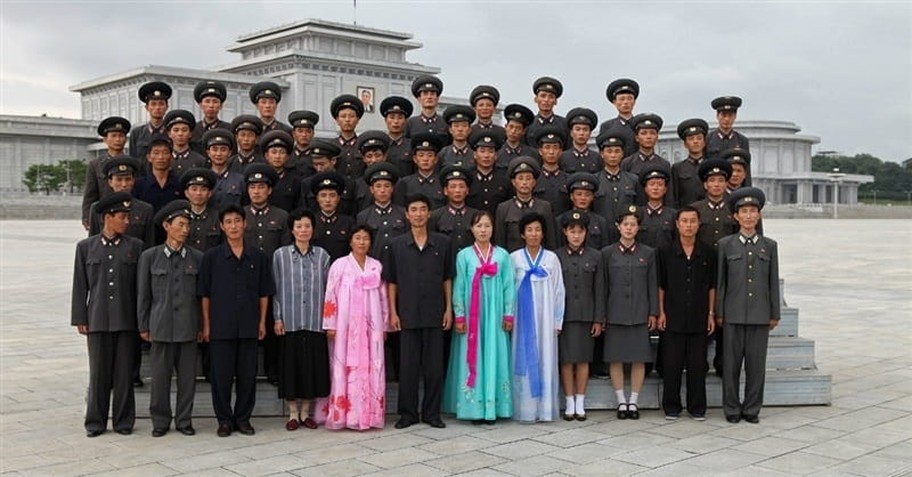
8. Labor Camps
As briefly mentioned in the discussion of Christian persecution, North Korea sentences citizens who do not comply with the government's rules to harsh labor camps. The government reportedly operates 16 of these camps where around 200,000 people are forced to work.
"The prison cities are often compared to the Gulag camps of Soviet Russia—forced labor camps in which prisoners are held in brutal working conditions and executed for crimes as petty as stealing a few kernels of corn. Prisoners are usually a mix of defectors, traitors, and ex-politicians who ran afoul of the government—a fairly easy thing to do," according to one report.
Photo courtesy: Wikimedia Commons
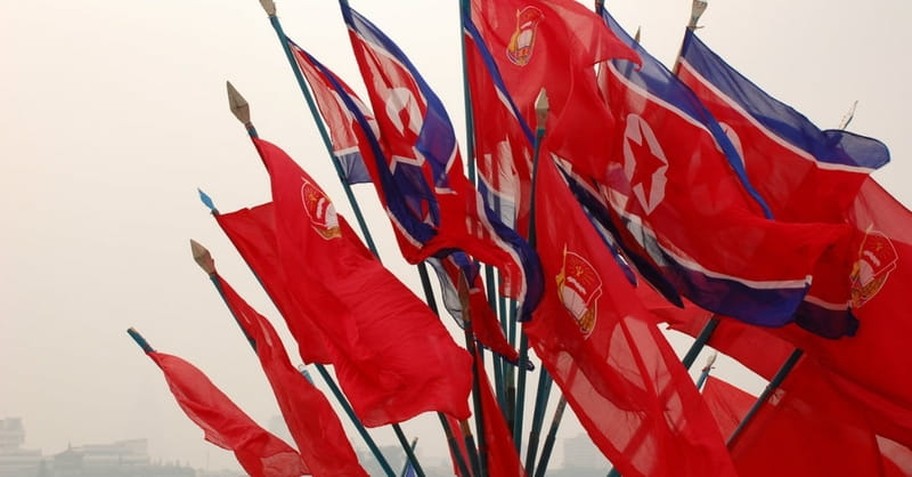
9. The lie of prosperity
Despite North Korea's facade that it is a prosperous country, the reality is that half its population lives in poverty.
Like the larger-than-life Kim family, North Korea's threats of nuclear weapons and national power are often a cover for what is really beneath the surface.
"Like other dictatorships, North Korea has an elite ruling class that enjoys some basic privileges of modern life, such as indoor plumbing, automobiles, meat, coffee and a few luxury goods. There's a middle stratum that has sufficient food and, occasionally, new clothes, but not much else. In general, however, North Korea is one of the most miserable places on earth," according to U.S. News, which quotes the Korea Institute for National Unification, which says, "The standard of living has deteriorated to extreme levels of deprivation in which the right to food security, health and other minimum needs for human survival are denied."
Photo courtesy: Flickr.com
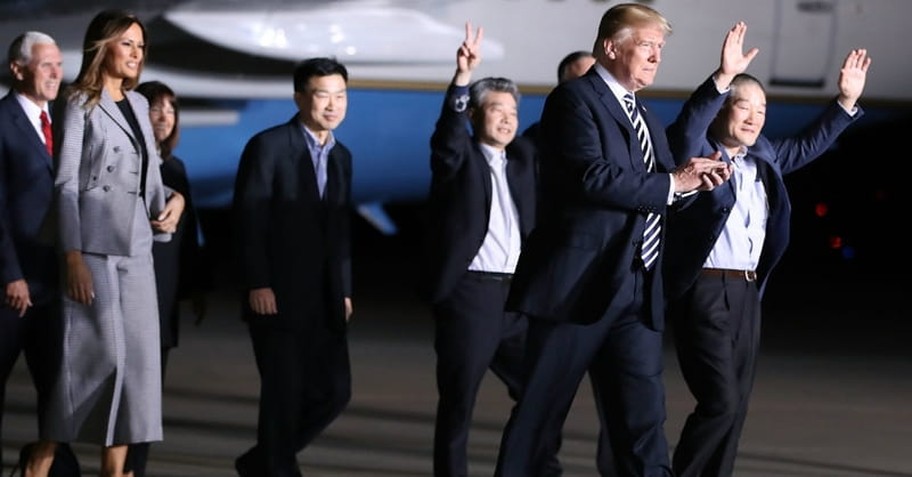
10. The good news: release of prisoners
The three Korean-American prisoners were released this week. US Secretary of State Mike Pompeo flew to North Korea to secure their release and they were met by President Trump as they flew into Joint Base Andrews in Maryland on May 9, 2018.
World Watch Monitor provides more information on the three Christian men:
Kim Dong-chul, a pastor in his early 60s, was arrested in 2015 and sentenced to 10 years’ hard labour after admitting spying for South Korea, which Seoul denied.
Tony Kim (also known as Kim Sang-duk) was detained in April 2017 for “committing criminal acts of hostility” against the North Korean government. Kim, in his 50s, had been involved in humanitarian work with orphanages and taught at the Pyongyang University for Science and Technology (PUST), which trains the children of North Korea’s elite and has a volunteer staff that includes many evangelical Christians.
Kim Hak Song was arrested two weeks later, in May 2017, as he prepared to leave the country after working for several weeks as a lecturer at PUST. He was arrested on charges of “hostile acts” against the regime. Reuters reported that in 2015, he had posted a message on the website of a Korean-Brazilian church in Sao Paulo, saying “he was a Christian missionary planning to start an experimental farm at PUST and was trying to help the North Korean people learn to become self-sufficient."
Many have noted the significance of this prisoner release, not only for the individual men and their families, but for the rest of the world and the possible thawing of relations between North Korea and the world. We can only hope and pray that these overtures from Kim Jong-un are sincere, especially for the sake of the thousands of North Koreans who are still suffering persecution.
U.S. President Donald Trump walks with the three Americans just released from North Korea, Kim Dong Chul, Kim Hak-song and Tony Kim at Joint Base Andrews on May 9, 2018 in Maryland. Secretary of State Mike Pompeo traveled to North Korea and returned with the three men who have been detained in North Korea.
Photo courtesy: Mark Wilson/Getty Images
Publication date: May 10, 2018
Originally published May 10, 2018.

